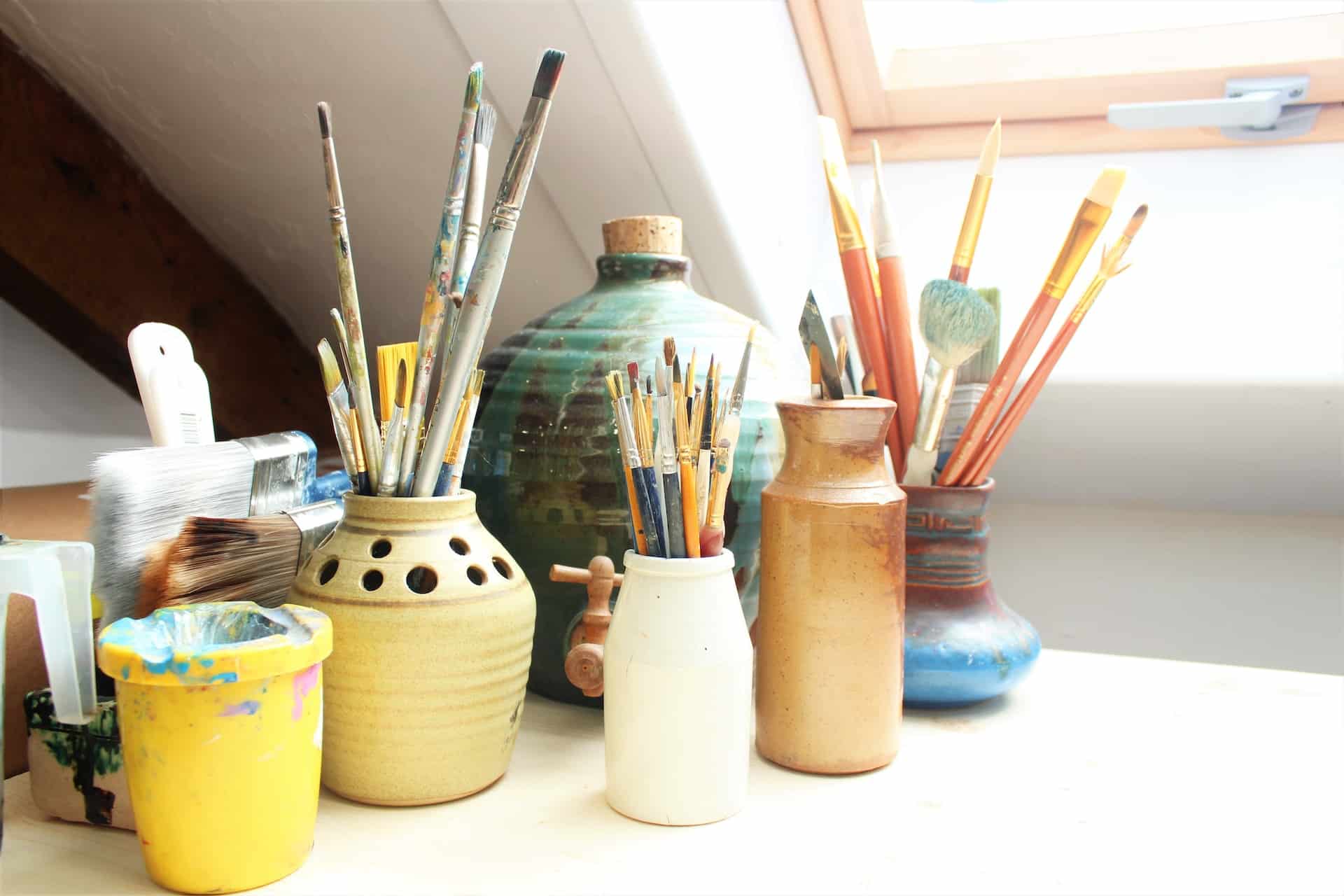

College time often feels like navigating a maze with countless turns and obstacles. Some days, you’re so overwhelmed you might think, “If only someone could write paper for me to make it all easier.” But amidst this whirlwind, many students have a burning passion: the love for the arts. And the truth is, art isn’t just a hobby; it can be a lucrative career for those daring enough to pursue it.


Visual arts, traditionally seen through the lens of painting and sculpture, have evolved significantly with technological advances and changes in societal consumption of art.
As an illustrator, you won’t just sketch for books or magazines. Think broader. Today, illustrators work with animation studios, fashion designers, and even in the tech industry, crafting user interfaces for software. Moreover, digital platforms like Patreon or ArtStation can allow artists to monetize their talent and engage with their audience.
Animation is not restricted to children’s cartoons. Animators are now pivotal in film industries, crafting CGI sequences or bringing to life immersive environments in the gaming world. There’s also an increasing demand in sectors like marketing and medical visualization.
Beyond designing catchy ads, graphic designers play crucial roles in brand identity, website layouts, and product packaging. With businesses increasingly shifting online, the need for skilled designers to create user-friendly and aesthetic digital interfaces has skyrocketed.
Art therapy is a growing field combining psychology and art. An art therapist aids individuals in expressing suppressed emotions through artistic mediums, helping them process trauma, stress, or anxiety.
The stage, the applause, the adrenaline – the performing arts world has a unique allure. But it’s more diverse than most people realize.
While Broadway or West End might be the dream, local theaters, TV shows, or web series on platforms like Netflix or YouTube can be excellent platforms for budding actors.
Beyond traditional dance forms, choreographers today work in the movie industry, music video production, or even in sectors like advertising, where a catchy dance sequence can make a brand go viral.
Much like art therapy, music therapy harnesses the soothing and expressive qualities of tunes and rhythms to heal, whether it’s aiding physical or emotional recovery.
Beyond the glitz, a stage manager ensures that every spotlight is perfect, every prop is in place, and that actors are where they need to be. It’s about orchestrating an excellent show every time.
Behind every artist is a team ensuring their work gets the attention it deserves.
As a curator, you’d be the bridge between artists and the audience. It’s about understanding trends, setting up exhibitions, and sometimes, even dabbling in business.
Whether for a theater group, a music band, or a dance troupe, an artistic director guides the overall creative vision, ensuring consistency and quality.
Arts festivals, music concerts, or theater performances don’t just happen. They require meticulous planning, from booking venues to marketing the event.
Art and technology, once seen as distinct fields, now intertwine in exciting ways.
With tools like Procreate or Adobe Illustrator, artists can craft digital masterpieces. These illustrations are used in web design, advertising, and even in sectors like education.
VR isn’t just for gaming. Museums use VR for virtual tours, while educators utilize it for immersive learning experiences. Artists and designers create these alternate realities.
Video games are now considered a form of art. They require storytelling, visual design, music, and more. As a game designer, you’d craft worlds and narratives at the heart of this.
Navigating the vibrant world of art and its many career possibilities can sometimes be as complex as understanding Picasso at first glance. Here’s a deeper look into the key factors to consider when choosing an artistic career:
Every individual is unique, bringing a blend of talents and inclinations.
It’s essential to gauge any art profession’s current and future demand.
Let’s be honest—while art is about expression, you need a sustainable income.
The artist should have room for growth.
The cultural and artistic vibe can vary widely from one region to another.
Artistic professions can sometimes blur the lines between work and personal time.
Art is as much about skill as it is about talent.
The arts, often perceived as just a passion or hobby, can indeed form the core of a successful career. With dedication, resilience, continuous learning, and a touch of strategic planning, your love for arts can save my grade in your profession. Embrace the world of colors, rhythms, and expressions, and let it shape your future.
If you are interested in even more lifestyle-related articles and information from us here at Bit Rebels, then we have a lot to choose from.
Warehouses are changing fast, pushed by rising demand, tighter safety standards, and the constant shuffle…
Cybersecurity is no longer a task for governments and large corporations in the connected world…
Fame is a powerful force that extends beyond a celebrity’s lifetime. Icons like Marilyn Monroe,…
In an era where sustainability, transparency, and corporate responsibility are paramount, businesses are under mounting…
In today’s fast-paced and competitive business environment, managing intellectual property (IP) is more crucial than…
Working in tight or confined spaces is one of the most common challenges in modern…